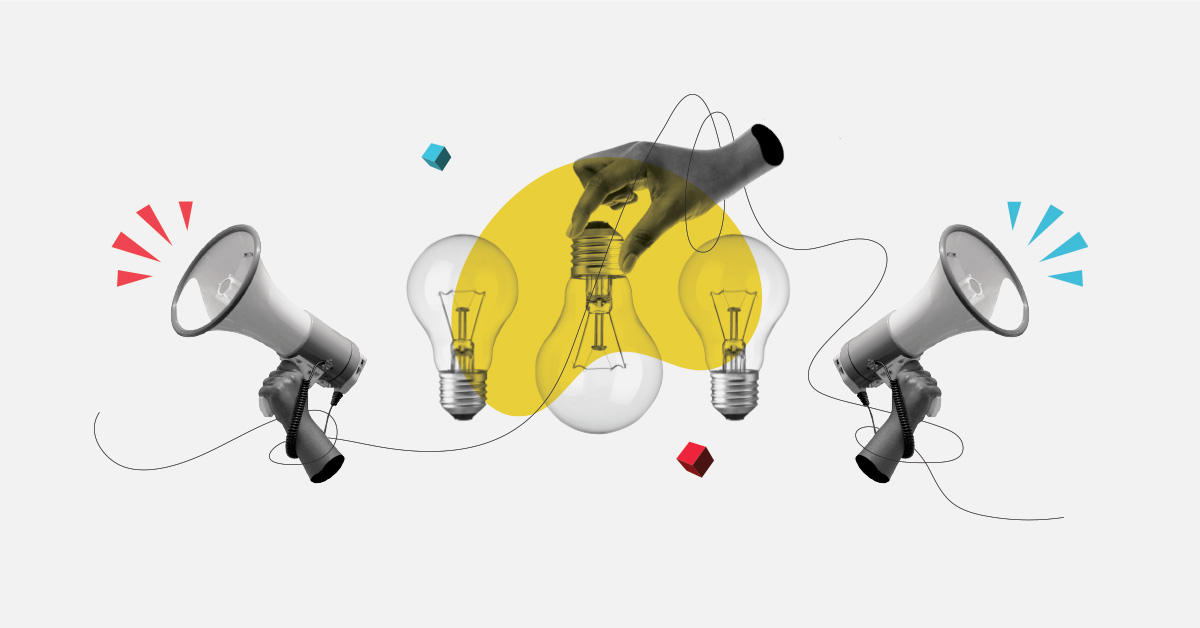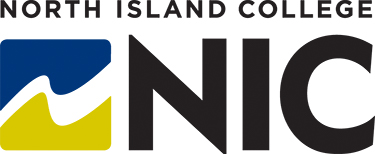Fish farmers and fisheries experts are working together to monitor the effects of aquaculture on the ocean floor with the help of researchers from North Island College.
The BC Salmon Farming Association (BCSFA) and the local offices of the Department of Fisheries and Oceans (DFO) identified a need to strengthen capacity in monitoring the ocean floor of hard bed substrates where some B.C. fish farms are located. North Island College was approached in 2012 to help research the issue for the North Vancouver Island salmon aquaculture industry with the aim to ensure environmental sustainability of aquaculture.
Dr. Aisling Brady, a biology instructor at the college, looked at two fundamental issues — the significant ecological changes likely to occur at hard bottom sites near salmon farm operations, and the habitat indicators and thresholds at which significant negative large scale seabed changes occur. The research team used remote controlled vehicles and video observations for invertebrate community surveys on the seabed as well as environmental monitoring and measuring interactions between invertebrates and salmon farm waste.
The investigation provided a solid foundation for future industry growth in hard bottom areas. It also helped stimulate a broader dialogue about environmental monitoring and supports decisions grounded in empirical evidence. The college’s industry partners are interested in continued research to develop strategies and solutions to monitor and better regulate hard bottom substrates.


